Summer School 2022 “The Borders of Friendship. Transnational Tourism between East Germany, Poland and Czechoslovakia”
Summer School 2022
The 2022 Summer School “The Borders of Friendship. Transnational Tourism between East Germany, Poland and Czechoslovakia” took place from June 27 until July 9. It was made up of three main parts: an advanced research seminar in Frankfurt Oder/Eisenhüttenstadt, a week excursion through former East Germany, Poland, and Czechoslovakia, and specialist lectures (click here for full programm).
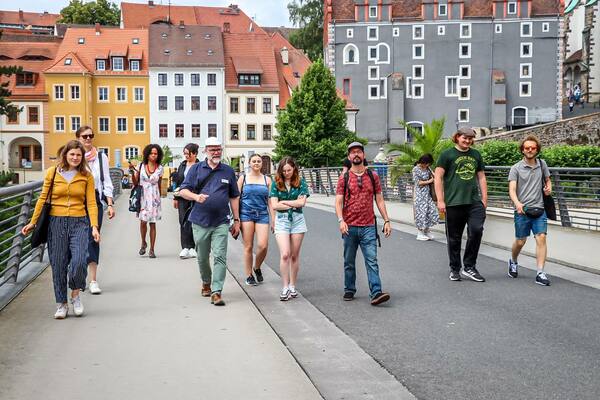
The participants (12 graduate and advanced undergraduate students in total) are crossing the Zgorzelec-Görlitz bridge over the Neisse river.
The Borders of Friendship was a transnational project that developed shortly after the Prague Spring. The leaders of East Germany, Poland, and Czechoslovakia moved to liberalize travel regulations to each respective country. They envisioned allowing East bloc citizens the freedom to travel without a visa and without a passport in ways similar to other regions in Europe. The program was vastly more successful than planners envisioned before borders were opened: tens of millions of Poles, East Germans, and Czechoslovaks went abroad.
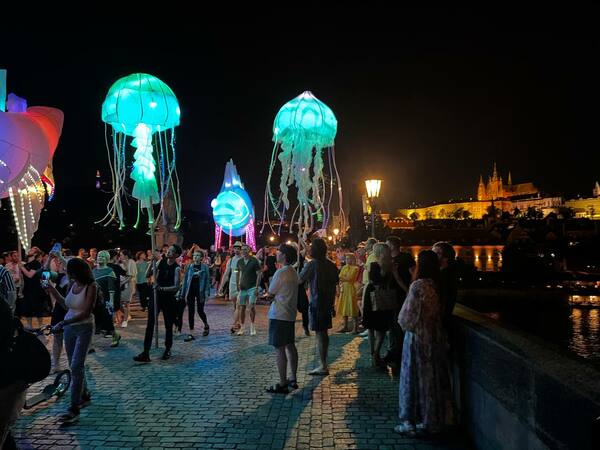
the highlight of our trip was certainly seeing Prague, from crossing the Czech border to our three-day stay in the Czech capital. Including a moment of reflection in front of the John Lennon Wall. Imagine there is no country It isn't hard to do Nothing to kill or die for
Valérie Collec-Clerc from France (master student, culture and history Middle-Eastern Europe)
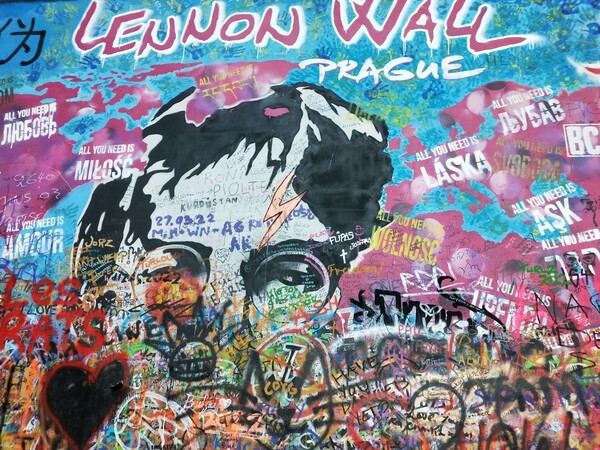
The “Borders of Friendship” was the first project after World War II in the East which brought ordinary people in contact with foreigners at a mass scale. Traveling abroad, these tourists were confronted with uncomfortable pasts and discrimination. At the same time, they enjoyed the “fruits” of really existing socialism, consuming and trading while on family trips to East Berlin, Prague, or Warsaw. All the while, they were negotiating a new identity as modern consumers and members of a transnational society.
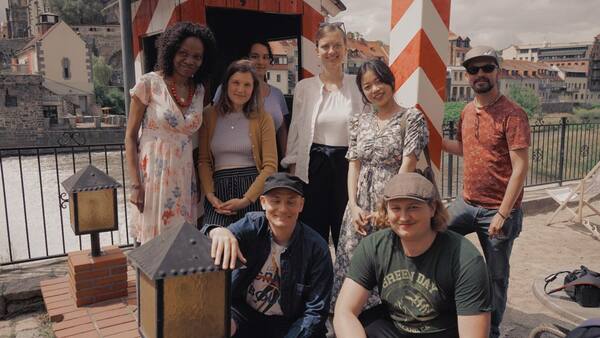
I loved the stories the tour guide told us about the two cities. Of course, the people from Görlitz and Zgorzelec didn't know each other before the border was opened. Fortunately, that changed with the opening of the border. The closing of the border at the time of Corona was, in turn, retraumatizing for many older people.
Laura Wiggers (master student, European Studies)
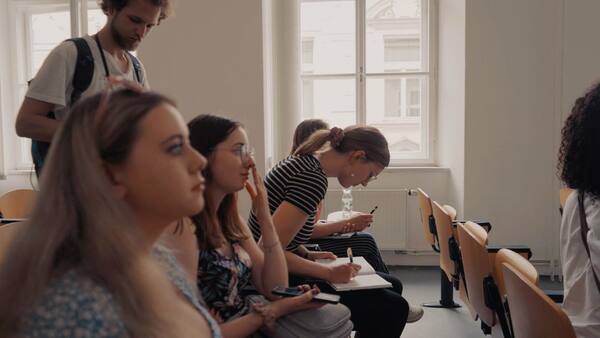
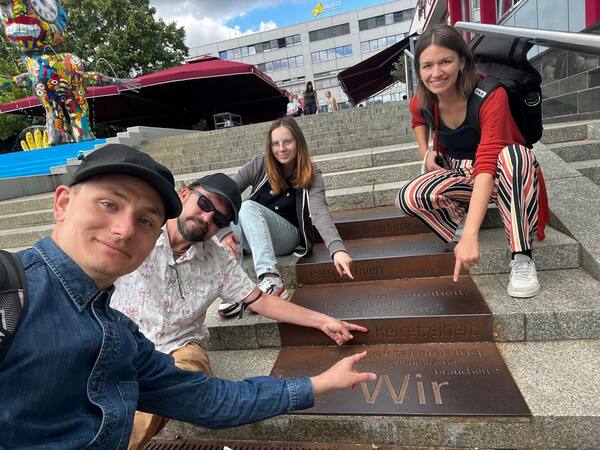
I think this experience to read the time in space (according to Karl Schloegel) and discuss it with others is crucially important to understand history. Especially after corona restrictions I enjoyed to go exploring.
Antje Wilke (master student, Socio-cultural studies)
The summer school was in conjunction with an exhibition at the Museum Utopie und Alltag which centers on the ways in which three East bloc societies reacted to the new influx of travelers and consumers.